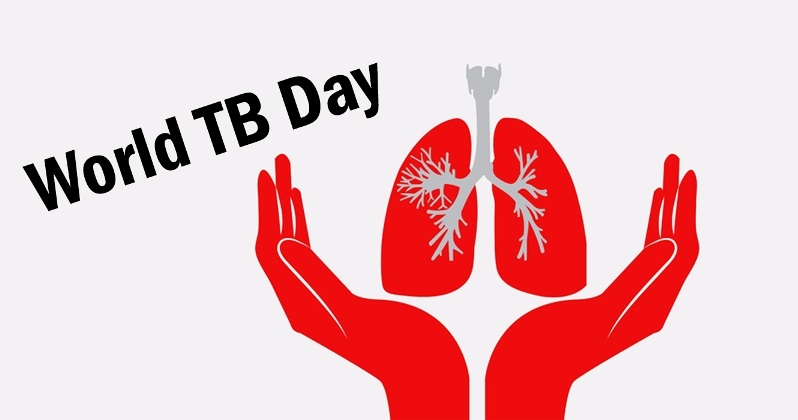Medical experts have warned of the spread of the untreatable variant of tuberculosis (TB) in Nigeria.
As part of activities to mark the World Tuberculosis Day (WTD) today, they alerted the citizenry to the rise in cases of Multi-Drug Resistant Tuberculosis (MDRTB) nationwide, even as immediate action was sought on the menace.
According to the World Health Organisation (WHO), the prevalence of the scourge in the country is between 400,000 and 450,000 cases, the highest in Africa and sixth in the world.
The global body said MDRTB remains a public health crisis, estimating 558,000 new cases with resistance to rifampicin – the most effective first-line drug.
Coordinator of Lagos University Teaching Hospital’s (LUTH) Directly Observed Treatment Short-Course (DOTS), Dr. Olukemi Longe-Peters, in an exclusive interview with The Guardian noted: “A form of TB called Multi Drug Resistance TB (MDRTB) is unfortunately becoming more common. When I started with this programme 10 years ago, there were only default cases. People, who have been treated before and are not faithful to their medications, are the only ones we are seeing MDR-TB, but now, we are seeing fresh cases that have MDR which means it is spreading.”
She pointed out that the development should be of great concern to all, as the disease does not respond to treatment easily.
“MDR-TB, by the time treatment starts, takes a minimum of nine to 12 months, or even 24 months to get treated,” Longe-Peters stated.
The public health physician continued: “It takes eight different drugs with side effects and very painful injections. The idea is to make sure the symptoms do not develop. If people could be detected in time and (are) faithful to that first-line medication, most of them will be treated and be able to cope with the situation and not develop MDR-TB.”
The coordinator hinted that TB is endemic across the federation with no one spared of infection.
Besides, WHO has issued a new guidance to improve treatment of MDR-TB. It is recommending shifting to full oral regimens to treat people with the ailment.
The prescription is more effective and less likely to provoke adverse side effects.
The body recommended backing up treatment with active monitoring of drug safety and providing counselling support to help patients complete their course of treatment.
WHO’s Director-General, Dr. Tedros Adhanom Ghebreyesus, said: “We are highlighting the urgent need to translate commitments made at the 2018 UN High Level Meeting on TB into action that ensures everyone who needs care gets it.
“TB is the world’s top infectious killer disease, claiming 4,500 lives daily. The heaviest burden is carried by communities facing socio-economic challenges, those working and living in high-risk settings, the poorest and marginalised.”
Meanwhile, the Joint United Nations Programme on AIDS (UNAIDS) has reported mixed progress towards reaching the 2020 target of reducing TB deaths among people living with HIV by 75 per cent.
The agency said only five countries met the target three years ahead of the deadline with 18 others on track.
However, Nigeria and a good number of nations risk missing the target.
Consequently, UNAIDS urged countries to step up action on achieving the set goal as outlined in the 2016 United Nations Political Declaration on Ending AIDS.
WHO’s estimates globally show that TB deaths among people living with HIV have fallen by 42 per cent since 2010 from 520,000 to 300,000 in 2017.

